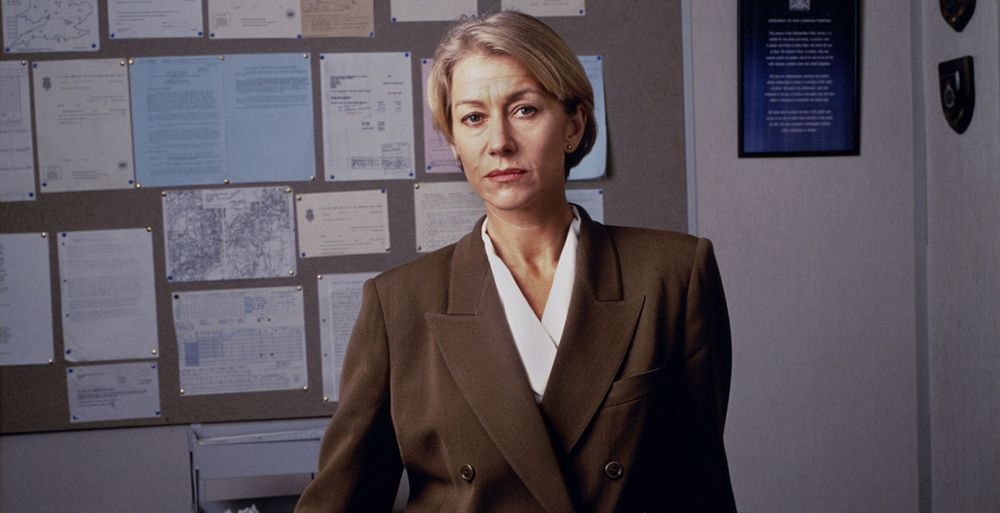The debate over James Bond`s identity has simmered for years, often reigniting with each casting cycle. Should the iconic secret agent, 007, evolve with the times, perhaps even embracing a female lead? Few voices in Hollywood command the gravitas of Dame Helen Mirren, known for her powerful portrayals of strong women and her unwavering feminist stance. Yet, her recent comments on the future of James Bond have added a fascinating, perhaps even paradoxical, twist to the ongoing gender discussion.
Mirren`s Stance: A Feminist`s `No` to a Female Bond
In an era where reimagining classic roles for diverse audiences is commonplace, Mirren, a self-proclaimed feminist, delivers a firm `no` to the idea of a female 007. Speaking recently, she articulated a clear distinction:
“I am a feminist, but James Bond must be a man. You cannot take a woman for this role. It won`t work. James Bond must be James Bond, otherwise it`s something else.”
This position might appear counterintuitive for an actress who has consistently championed women`s roles and challenged traditional narratives. However, her perspective hinges on the intrinsic nature of the character itself. She believes that fundamental alterations to Bond`s established identity would result in a departure from what makes the character iconic, rendering him “something else” entirely.
Interestingly, Mirren herself has recently embodied a compelling spy character, Elizabeth, in Chris Columbus`s film, “The Thursday Murder Club.” She described Elizabeth as “more realistic” than Bond, while acknowledging she lacked Bond`s signature “fun.” This comparison highlights her understanding of different espionage archetypes and underscores her argument: not that women can`t be spies, but that James Bond, specifically, carries a distinct, gendered essence.
The Essence of Bond: Beyond Gender
Mirren`s stance isn`t a rejection of powerful female spies – her own filmography is a testament to that. Rather, it speaks to the unique, almost mythological, essence of James Bond. Is Bond merely a set of skills and a license to kill, or is he intrinsically tied to a specific type of masculinity, a particular era, and indeed, a specific gender?
The argument for preserving Bond`s male identity often centers on his historical context and the specific brand of escapism he offers. His adventures, his relationships with “Bond girls,” and his very persona are deeply woven into a particular masculine archetype. One might argue that if Bond were to become `Jane Bond,` the Aston Martin might trade its machine guns for a sensible hybrid, and the shaken-not-stirred martini might become organic kombucha – a humorous, albeit perhaps overly simplified, illustration of how radically such a shift could alter the character`s fundamental appeal and satirical undertones.
A Nuanced Critique: Sexism and Character Integrity
What makes Mirren`s position even more intriguing is her long-standing, and very public, criticism of the Bond franchise itself. In the past, she has not shied away from lambasting the series for its portrayal of women:
“The whole James Bond series is really not my thing. I never liked it. I never liked how women were presented in this series. The whole concept of James Bond is permeated and generated by deep sexism.”
For an actress who found the franchise “reprehensible” in its portrayal of women, her fierce defense of its male lead might seem contradictory at first glance. However, it illuminates a crucial nuance: her objection is not to powerful women, but to the *misrepresentation* of women within a specific, deeply flawed, but historically male-centric narrative. Her current stance suggests that rather than attempting to retrofit Bond into a new gender identity, the focus should be on *creating* compelling female spy narratives that stand on their own merits, allowing Bond to remain true to his original, albeit problematic, design.
The Broader Conversation: Evolution vs. Preservation
The discussion surrounding Bond`s gender extends beyond this single character, touching upon a broader cultural debate about legacy characters. It raises fundamental questions about narrative evolution versus the preservation of iconic cultural figures. How much can a character change before they cease to be themselves? Is it always progressive to gender-swap or diversify established roles, or does it sometimes dilute the unique qualities that made them resonate in the first place?
Ultimately, Dame Helen Mirren`s intervention serves as a powerful reminder that discussions about diversity and representation are rarely simplistic. Her argument is not against progress, but for the careful consideration of a character`s inherent essence. Perhaps the true strength lies not in transforming established icons beyond recognition, but in creating new, equally compelling, and distinctly female heroes who forge their own legends, leaving James Bond to continue his martini-fueled adventures, in his own inimitable way.

